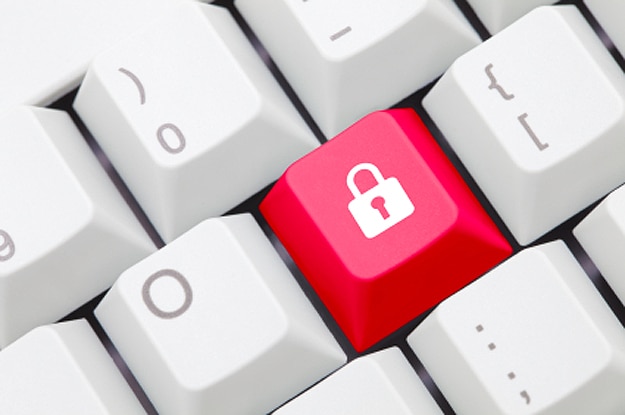The people who read Bit Rebels on a regular basis are creative. This whole blog was built upon creativity. The ability to be creative and express ourselves through our writing is one of the things that keep us going each day. If you are an entrepreneur like we are, you probably handle sensitive client data. Whether you are a designer, artist, blogger or any other creative entrepreneur, you are probably concerned about keeping that data as secure as possible.
As a creative freelancer, the client data you hold can be anything from payment details and financial accounts to business plans. These things could have potentially devastating effects on your client if your computer gets hacked and the information is leaked.
Since most clients assume you will keep all of their data properly secured, you can imagine what a big deal it would be if you accidentally leaked it. If you live in the UK, there are is even a law that makes you responsible for keeping it secure. According to the Data Protection Act (1998), you are responsible for this data. Amongst other things, you must only collect data which is relevant to your business operation, you must be open and honest about what you are going to do with that data, and you must keep it secure. A breach can not only be detrimental to the client, it can also be detrimental to your business.
Here in the United States, we don’t have any formal legislation like they do in the UK, but there is the United States Privacy Act and a few other laws which can help in this situation. The best thing to do is to simply keep you, your clients and all client data secure and protected at all times. Here are five ways you can do that.
1. Safe Payment System
If you collect online payment from your clients, it’s important to comply with Payment Card Industry Data Security Standards (PCI DSS). Failure to do this puts your client data at risk for fraud. Outsourcing this process to a third party which complies with these standards (like Paypal or Square) protects your client data and takes away the worry and responsibility from you.
2. Encryption
A password is not enough to protect confidential documents. Encryption protects sensitive client data far more effectively by making the document unreadable unless it’s unlocked. This is particularly important when you want to transfer data and information securely via email. You can use a free encryption service like TrueCrypt.
3. Protect Your Computer
Always keep your anti-virus and firewall protection up to date. There is free software available, but the price for the good ones is negligible when compared to the cost of fixing a problem if your computer becomes infected or hacked. A strong password is essential, and it is also worth installing remote lock (or remote wipe) technology just in case the worst happens, and your computer is stolen. Secure your home WiFi using WPA2/PSK encryption to give yourself the best chance of protection.
4. Back It Up
Backing up is something we all know about, but not something we all do. Backing up your client data is essential, and it is very simple. Back up your information to two sources to prevent interruption in your business if your computer breaks or crashes. Combine hard storage methods like encrypted hard drives with online cloud storage.
5. Insurance
Even if you are incredibly cautious, the worst can still happen, and it is best to be prepared. Take out the appropriate insurance, such as IT Contractor Insurance to protect yourself against professional negligence claims and the associated costs.

COMMENTS